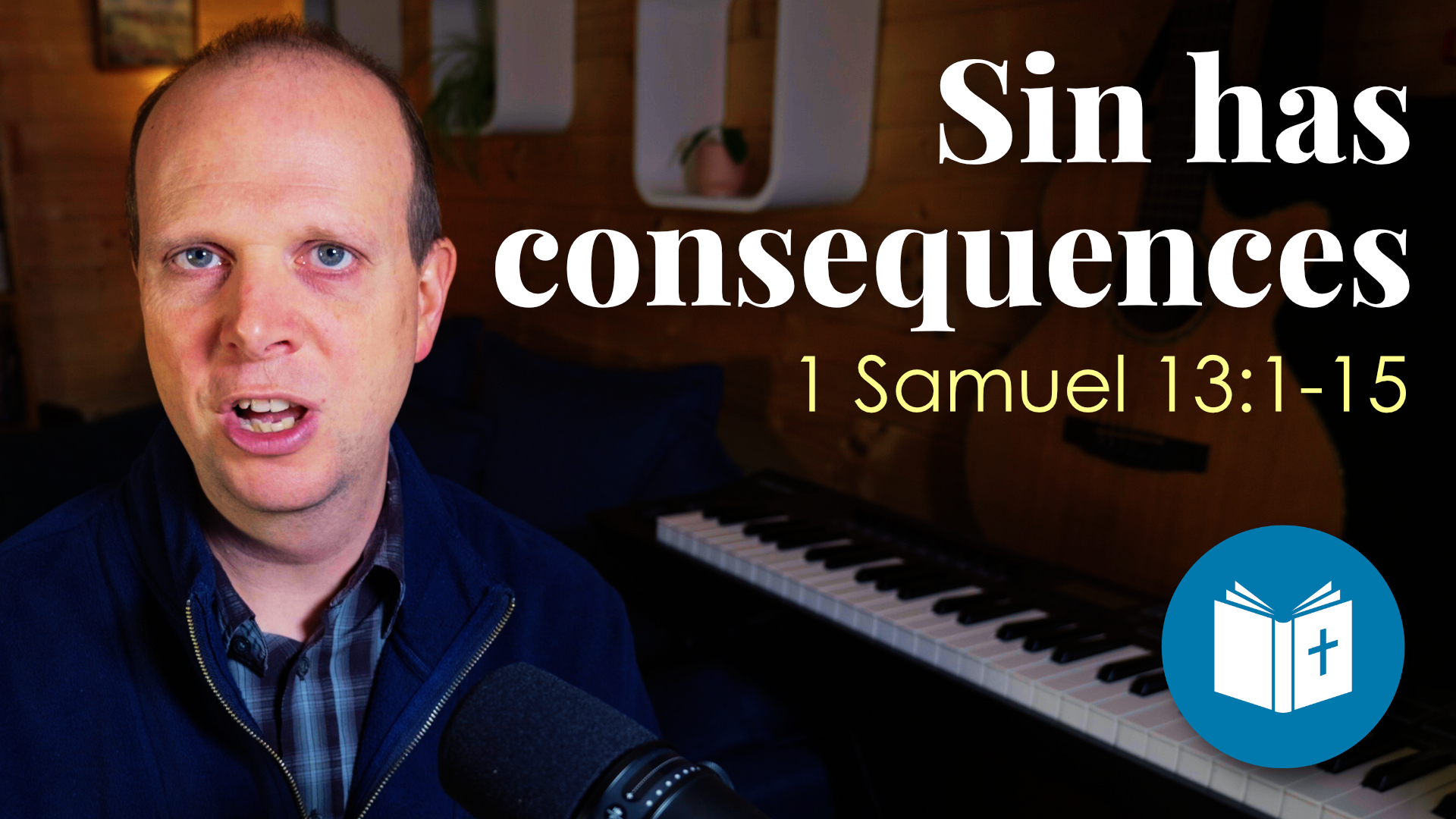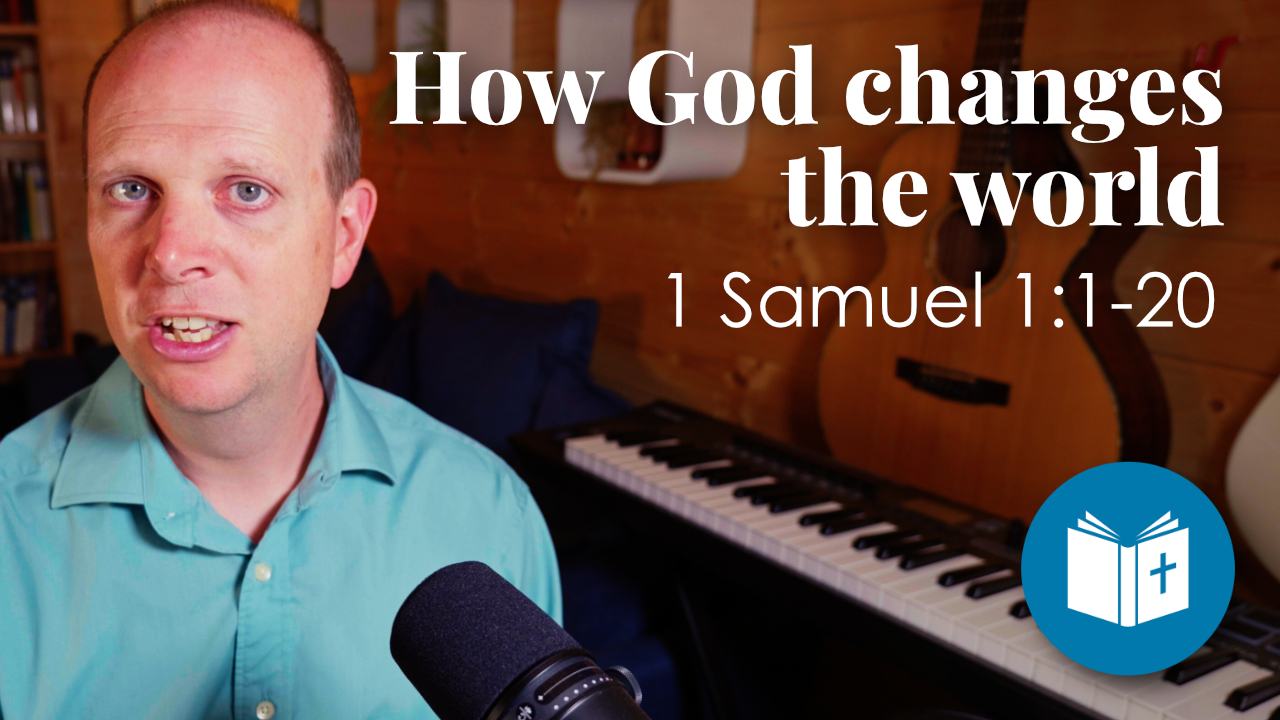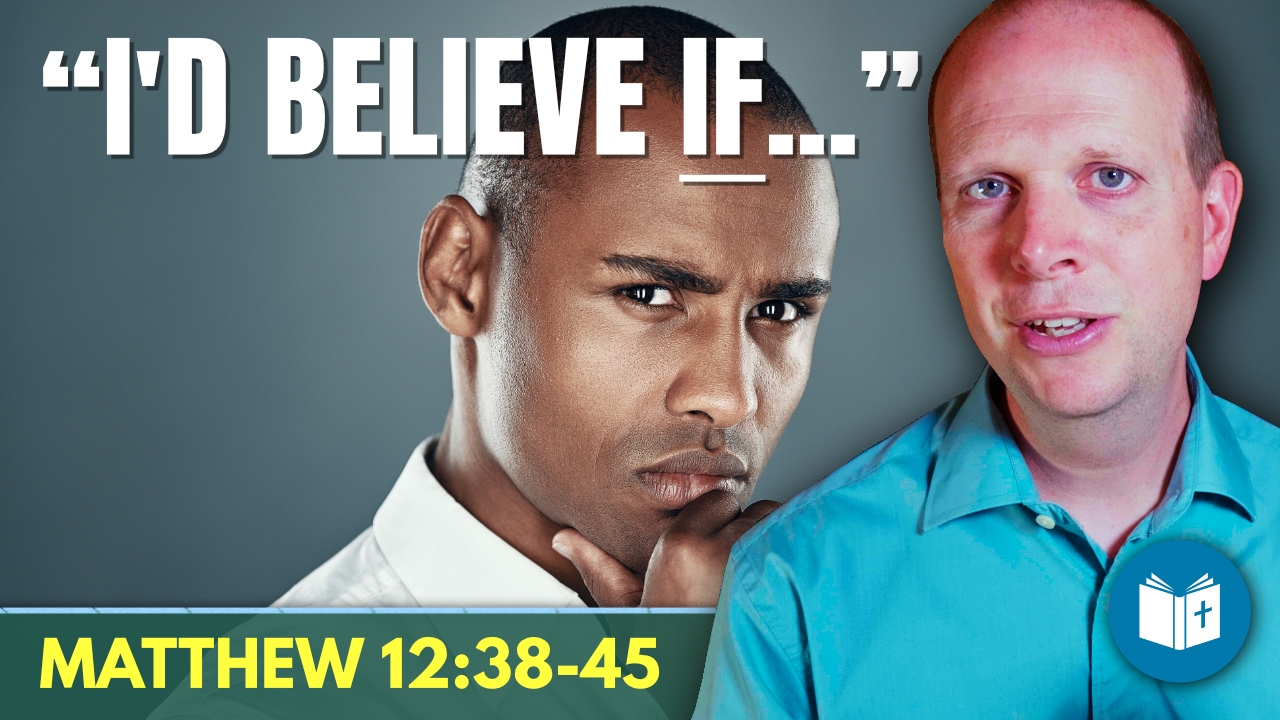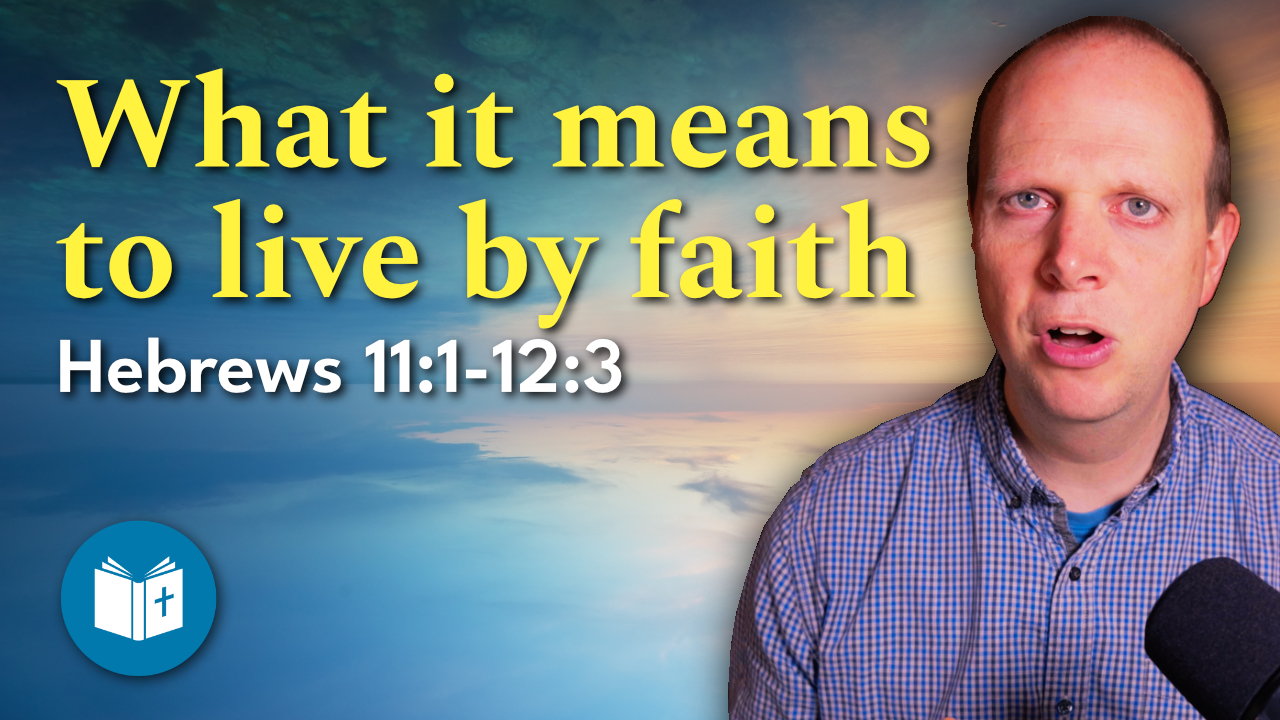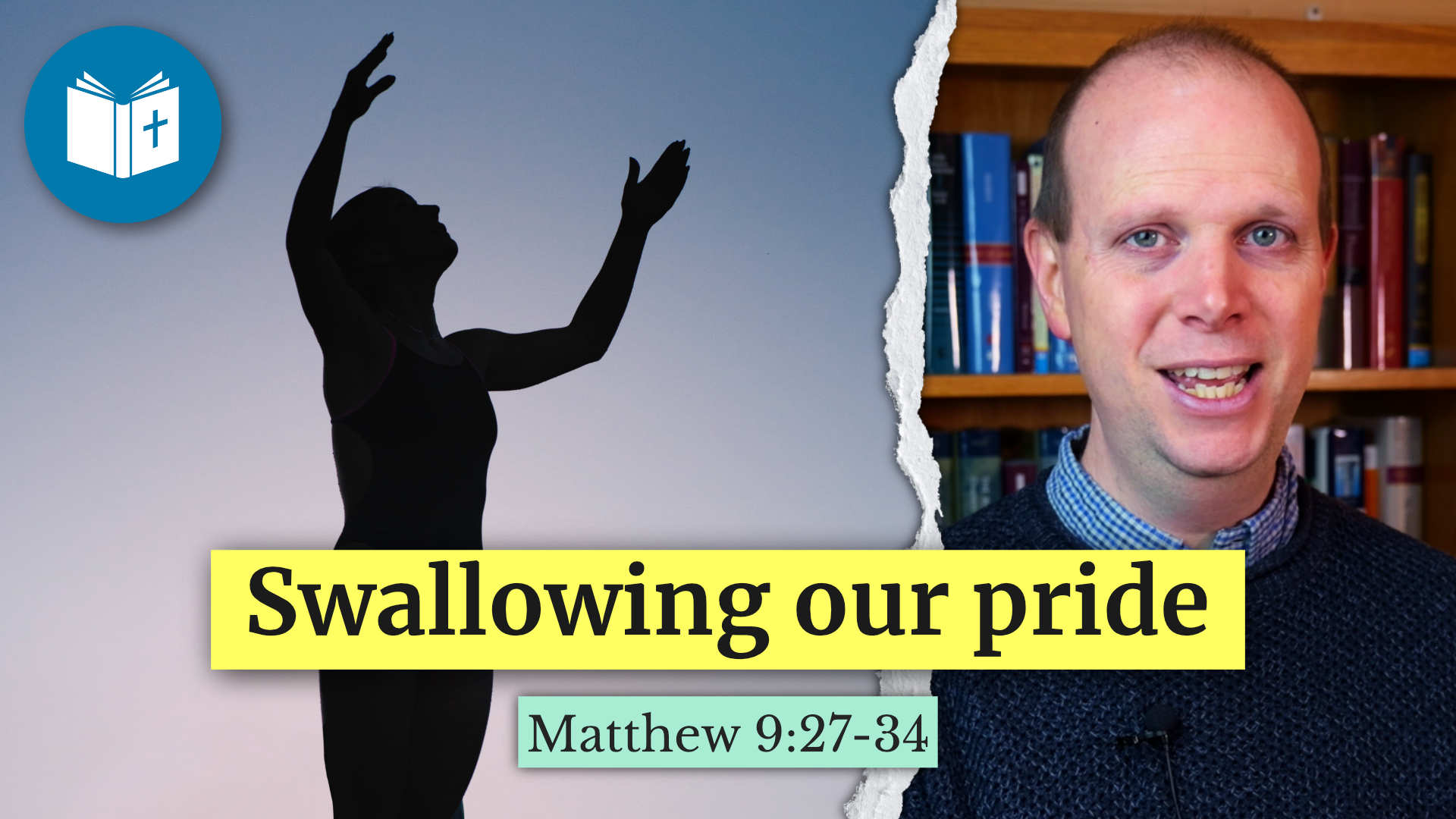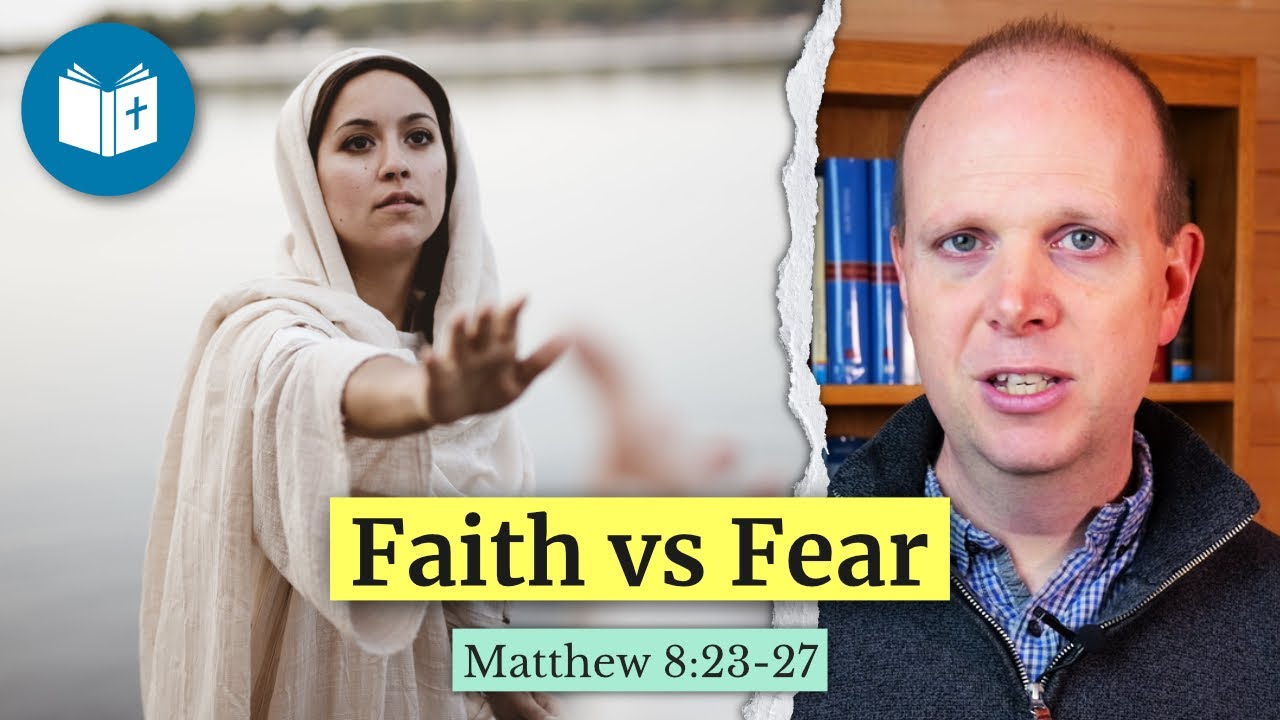How much difference is it possible for one person to make? We tend to think that only a few, exceptional, people can really make a difference. But this passage teaches us that anyone can make a difference, even to the point of changing the course of a war. What does it mean for us today?
If you appreciate Understand the Bible, please join us on Substack!


